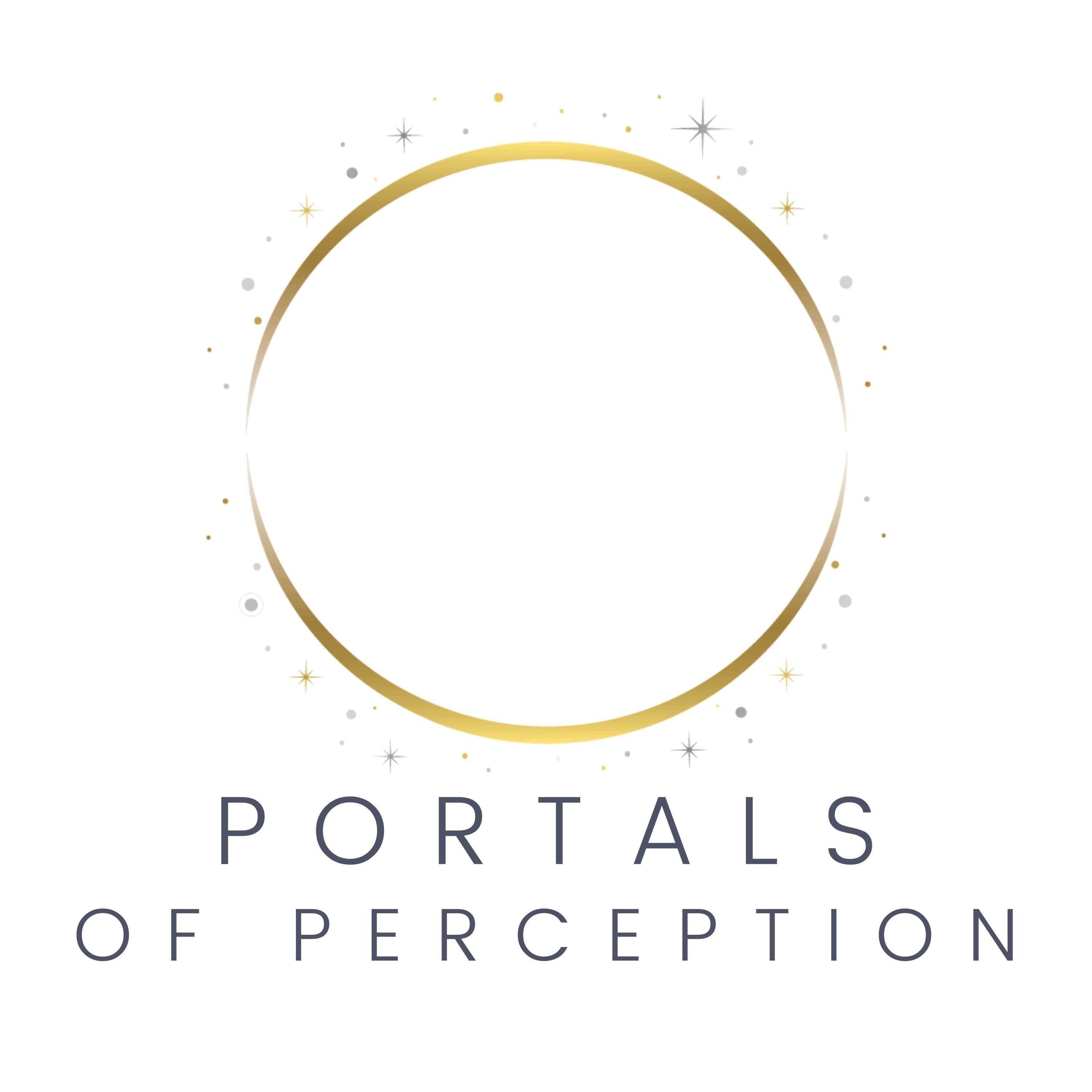- After-Shows
- Alternative
- Animals
- Animation
- Arts
- Astronomy
- Automotive
- Aviation
- Baseball
- Basketball
- Beauty
- Books
- Buddhism
- Business
- Careers
- Chemistry
- Christianity
- Climate
- Comedy
- Commentary
- Courses
- Crafts
- Cricket
- Cryptocurrency
- Culture
- Daily
- Design
- Documentary
- Drama
- Earth
- Education
- Entertainment
- Entrepreneurship
- Family
- Fantasy
- Fashion
- Fiction
- Film
- Fitness
- Food
- Football
- Games
- Garden
- Golf
- Government
- Health
- Hinduism
- History
- Hobbies
- Hockey
- Home
- How-To
- Improv
- Interviews
- Investing
- Islam
- Journals
- Judaism
- Kids
- Language
- Learning
- Leisure
- Life
- Management
- Manga
- Marketing
- Mathematics
- Medicine
- Mental
- Music
- Natural
- Nature
- News
- Non-Profit
- Nutrition
- Parenting
- Performing
- Personal
- Pets
- Philosophy
- Physics
- Places
- Politics
- Relationships
- Religion
- Reviews
- Role-Playing
- Rugby
- Running
- Science
- Self-Improvement
- Sexuality
- Soccer
- Social
- Society
- Spirituality
- Sports
- Stand-Up
- Stories
- Swimming
- TV
- Tabletop
- Technology
- Tennis
- Travel
- True Crime
- Episode-Games
- Visual
- Volleyball
- Weather
- Wilderness
- Wrestling
- Other
054 - A Community of Leaders
In many Portals conversations we explore the nature of the emerging new universal possibility not as a separate and distant change, but as a living reality — an uplifting evolutionary impulse that can transform lives, communities and our planetary ecology. Especially in a time of political and environmental upheaval, how do we discover and more fully engage with the real potential of personal and collective transformation? What is the nature of leadership in a transformational journey of people and communities whose vision is to co-create a positive, sustainable future for humanity and the planet? In this conversation we get a deeper look at the kind of leadership that can facilitate emerging universal change and transformation. Aviv Shahar is joined by Geoff Fitch and Abigail Lynam, from Pacific Integral and Generating Transformative Change (GTC) North America. Jeff and Abigail recount their personal journeys of change and growth, and many years of leading the transformational experience of groups and individuals on three continents.Among their insights and learnings:My greatest fear became my greatest opening.If we don't do anything, we don’t make mistakes. So the idea is to create more and better mistakes; new mistakes, rather than repeating the old ones.Humanity is in the midst of a profound period of change; the opportunity of our time requires us to embrace universal human values, ethical action, and engage our evolutionary potential.Unless we find a better way to engage generational resources, wisdom, and collaboration, our chances of meeting som e of the difficult challenges are dramatically reduced.It’s how individuals can show up in the development of the collective; we can bring our greatest potential and fullest selves to hold a space of leadership for when it's our time.What makes this poss ible is we all have gifts and blind spots; we're all on our own evolutionary journey. We're whole and beautiful as we are – and we’re ready.This conversation is part of the continuing Portals discovery into what is emerging on the frontiers of human experience in this time of profound change. Information about upcoming special events can be found on the Events page. Also visit and subscribe to our YouTube channel.TWEETABLE QUOTES “There have been dozens of people involved in developing and facilitating the program over the years and we are a community of practice. So we've been in the heat of it. It's not us coming from a place of, oh, we figured it out and now we're going to lay it out for you. We are in the practice ourselves and have been since the very beginning and in deep collected process.” (Geoff) “The thing I wanted to add to what you're speaking to Geo ff is one of the ways to hold the work is to say it's about being in relationship with ourselves, who we are and who we're becoming in relationship with one another.” (Abigail) “So one of the projections that we have about later stages of development is that there's somehow more mature, more whole, more complete. But one of my little tricks for counteracting that idealization, they're also more immature, you know, in a way, the most mature stage that we have is baby. It's like you, when you're born, you already know, you're an expert baby, you have it completely nailed, right. As you progress, you learn and grow.” (Abigail) “If you're accessing later stages of consciousness at an earlier age, sometimes that can mean that there are other aspects of the self that aren't as fully robust. And so how to support this sort of widening or growing out into the spaces that the self already has access to, how to stabilize

